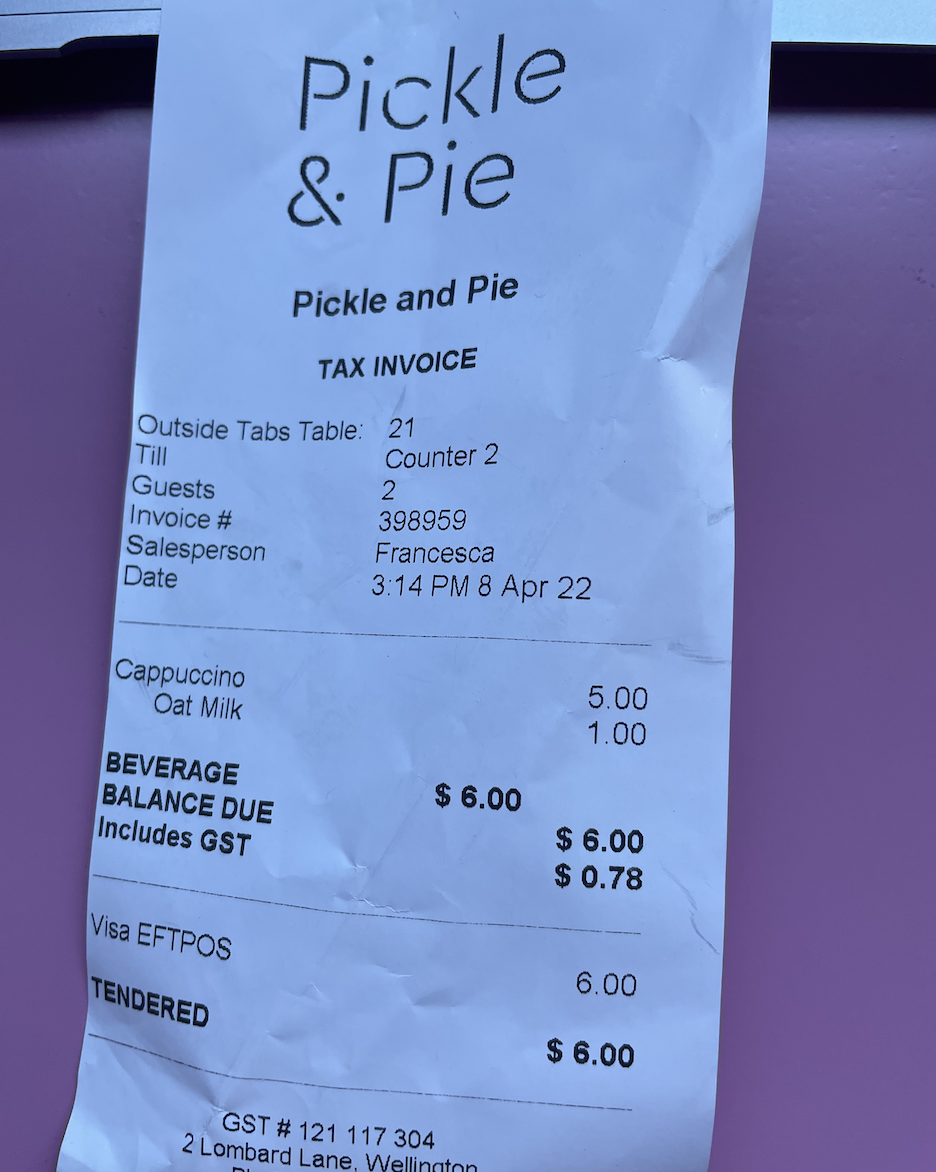Merchant-Level Categorisation
Taggun's Merchant-Level Categorisation feature assigns categories to entire transactions based on the merchant type and other transaction details.
How It Works
- Extraction: Merchant information and transaction details are extracted from the receipt or invoice.
- Analysis: The extracted data is analysed using Taggun Machine Learning algorithms.
- Categorisation: An expense category is assigned to the transaction (from a finite list of categories).
- Confidence Scoring: A confidence level is provided for the assigned category to indicate how close it is to that category.
Set-Up Process
1. Contact Taggun
Reach out to [email protected] to enable this feature for your account.
2. API Endpoints
Available under Verbose Data Extraction API Endpoints
3. Make an API call
No changes are required. This feature automatically returns data once activated by Taggun.
Example
Image

Response
Access Path
Access the category via the path
entities.category.data
A snippet from the JSON Payload:
{
"entities": {
"category": {
"data": "food & drink",
"confidenceLevel": 0.81
}
}
}
Standard Categories
Taggun offers the following standard expense categories:
entertainmentmail & couriertaxihotelsubscriptions & online servicescar tollparkingpetrol stationbus fare & train farestationery & office suppliesfood & drink
Use Cases
- Corporate expense management
- Personal finance tracking
- Market analysis and consumer behaviour insights
Best Practices
- Use the confidence level to determine when manual review might be necessary.
- Combine with Product-Level Categorisation for more detailed insights.
Customisation
The transaction categorisation feature is powerful, but it may need fine-tuning to be truly effective for your unique setup. If the standard categories don't align with your specific requirements, reach out to us at [email protected] to set up custom categories.
Updated about 1 month ago